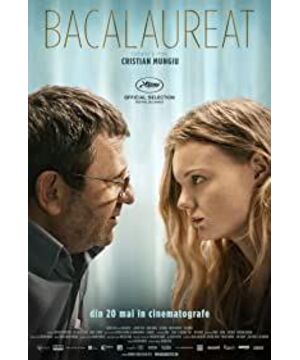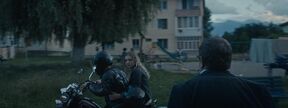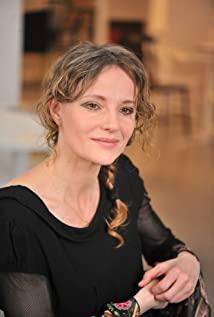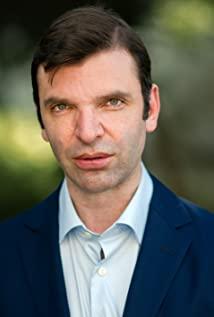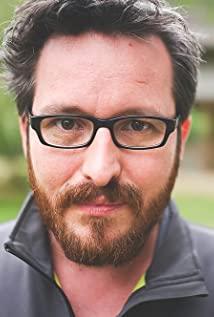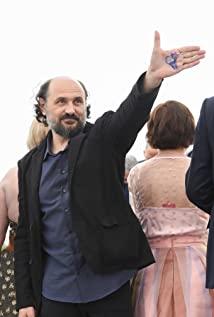Love and family are probably the most recurring themes in movies because wherever it happens, it resonates.
Romanian New Wave director Christian Mongi's "Graduation Exam" shows us the real Romania. The middle-aged father in the film is in a more complicated situation than the father in the Marlen Arder film. As a surgeon, Romeo was already a decent middle-class man, but he still lived in a shoddy apartment built in the communist era. He has a mother who is in the terminal stage of cancer, a wife who is incompatible with him and suffers from mental breakdown due to unwillingness to compromise with the system, a daughter who is facing the college entrance examination, and a mistress who finds out she is pregnant.
The plot of the movie unfolds through Romeo receiving a phone call about her daughter being raped on the way to school. The daughter is obviously shocked after the incident. Can she still take the exam under these circumstances, if she fails to meet the With an average of 80 points, the UK scholarship she applied for will be unsuccessful. For Romeo, this is the most urgent problem at hand. In order to be foolproof, he finally arranged a method of cheating through various relationships so that his daughter could get enough points. Seeing this, as a Chinese audience, we naturally have a deeper feeling.
The climax of the film is that Romeo must violate his own principles of life and persuade his innocent daughter to cheat. This complete moral surrender is a tragedy of personality degradation in the sense of Shakespeare.
The Graduation Exam is undoubtedly a true and profound portrayal of Romanian society today. After Ceausescu's personal dictatorship ended in 1989, young people at the time were full of hope that a change in the system would bring them a beautiful new world. After more than 20 years, the world has not changed for the better, Romania is just It is a poor relative of the big family of the European Union, and survives by OEM for large Western companies. The young people of that year were all middle-aged, their hopes were completely disillusioned, and the reality of life forced them to betray their ideals, get caught up in the gears of corruption, and do things that they knew were wrong and disgusted themselves. In an age of material scarcity, engaging in relationships is a means of survival. But after entering the capitalist system, the exchange of interests has intensified. He has despaired of his life and this country, and he doesn't want his daughter to repeat the same mistakes. The young daughter indulges in love and does not want to leave her boyfriend. The biggest suspense left by the director is whether her daughter was raped in the first place, and whether she was finally persuaded by her father to give up her love and choose a more realistic way to study abroad.
With regard to the vocabulary of personal connections, the mutual help between people with power and the use of power to seek maximum help for themselves or for those who are beneficial to them. I, like me, have never been very good at dealing with people. After graduating from college, when I think about the number of my good friends, I don’t seem to have more than five friends. The rest have not been in contact for hundreds of years. Occasionally I need help to find them. Getting help is also touching. Of course, my so-called good friends don't contact me once in thousands of years, so it seems like being friends with me is a miracle.
What I want to focus on is probably this. First of all, the glass was broken. I didn't care about it at first until he repeated, broke, broke the existing environment, broke the current relationship, broke the status quo, broke the need to break The thing about who broke the glass was not found in the end. When I saw the end, I think the person who broke it was actually themselves, his daughter. In addition, the ringtone of the phone is also an important clue. It appears more frequently, and the role of setting off emotions is second. It should have a deeper meaning, but I didn't think too much about it.
The third one is a long shot of the father and daughter in the car. This is just listed here for comparison. You can experience what you can see. It’s not interesting to point it too thoroughly. This kind of shot appeared three times. The first time, the picture was warm, the focus was on the car, on the person, and the rearview mirror showed a close-up of the daughter. At this time, the father and daughter had a lot of conversations, and no accident happened. The second picture Cool tone, the focus is on the outside of the car, the rear view mirror is a close-up of the father, there is little dialogue between the two, and there is an accident. Compared with these two times, this is a completely different third time. The first two actually did not have the camera. The front of the person was not shot. The third time was a close-up shot of the front of the daughter. There was no dialogue, only the facial expressions of the daughter, and the duration was extremely short. Through the presentation of the previous story three times, or the reason for such a shot can be better understood.
The sub-shots of this film are all long. As for the description of the characters’ shots, there are basically few front and back shots. Those conventional pictures are either a fixed medium shot of two or more people, or a close-up or close-up. The camera follows a certain person, and then follows the next person by walking, and the two will still pull out the cotton shoes to make the scene bigger.
The director once said: This is a movie about getting old, a movie about family, a movie about "life is different from imagination". When something in life is not satisfactory, we rely on our children. We Hopefully, some of our experiences, some of our own mistakes, might help them. In reality, it's just a huge hallucination that kids still make their own mistakes. But, interestingly enough, We repeat to our children the same things we hear from parents, those words never make any difference to us, but for various reasons we need to repeat them to our children. Can we feel about the future? Optimism, and on top of that, will the younger generation be better off if we just educate our future generations with the education we have received? I'm not sure. The film also speaks about the importance of "going out" Sexuality: As long as we are age-determiners, we have to make sure we create frameworks for the younger generation that can make a difference, otherwise it's just a very childish optimism that is so common in politics.
Sometimes human nature is often the same, which may be why the same story is always played out in different places.
View more about Graduation reviews


